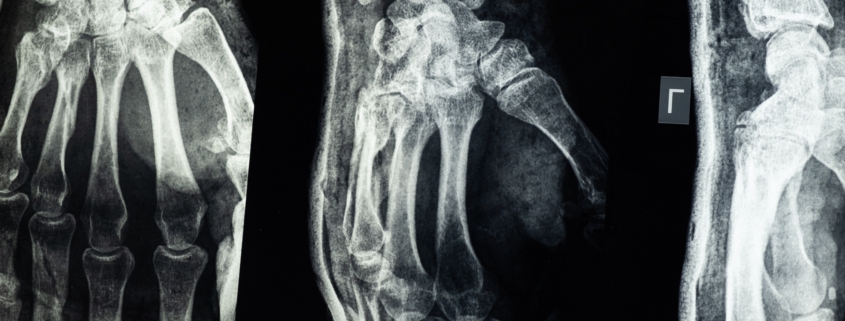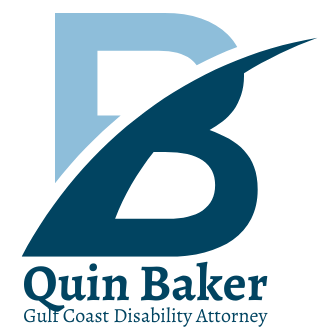Do Multiple Disabilities Improve the Odds of Receiving Benefits?
Disabilities are complex, and many affect multiple systems of the body. As a result, it’s not uncommon for an individual to be diagnosed with multiple disabling conditions. If you are seeking disability benefits, you may wonder how having multiple conditions could impact your application process.
Working with a Gulf Coast disability attorney can help you streamline the application process, include all relevant information in your documentation, and boost your chances of success. Call Quin Baker, SSD Lawyer at 850-433-0888 to set up a consultation now.
How the SSA Looks at Multiple Disabilities
The SSA has a process for everything and that includes applicants with multiple disabilities. The SSA takes a comprehensive approach to these cases, looking at both the combined effects of the disabilities on the applicant and how each disability affects the applicant.
When going through the applicant’s documentation, they look into the applicant’s impairments and whether or not they meet the Blue Book threshold for either diagnosis. If they don’t, they look at the cumulative effects of the diagnoses to determine whether or not their limitations put them over the threshold for SSDI benefits.
In addition, the SSA considers how multiple disabilities affect an individual’s functional limitations. Multiple disabilities can severely hinder an individual’s ability to ambulate independently, lift objects, carry objects, and be on their feet for hours at a time. Should their limitations be significant enough to prevent them from working, this may be enough to warrant SSDI benefits—even if they do not meet the requirements for any individual diagnosis.
Physical and Mental Impairments
It’s not uncommon for applicants with physical disabilities to also suffer one or more mental diagnoses. These diagnoses may have come about separately from each other, or the mental impairment may be a result of the limitations and pain of the physical disability.
Mental health issues can significantly worsen the effects of physical disabilities. Mental conditions can limit a person’s ability to regulate their response to pain, their ability to tolerate pain, and their ability to navigate life with limitations caused by disabilities. In turn, this can further negatively impact an individual’s ability to work.
What Happens When You Don’t Meet a Listed Impairment
The Blue Book can be a good source of information for applicants, but it can be frustrating if they barely miss the cutoff for both diagnoses, especially when they know that their combined diagnoses completely prevent them from working. However, the SSA does look into the combined effects of diagnoses.
If the examiner in charge of a file sees that an applicant misses the cutoff for each of their disabling conditions, they may reach out to a medical consultant to discuss the file. If the medical consultant finds that the two diagnoses together equal the severity of one of the impairments listed in the Blue Book, the applicant may be approved for benefits.
Medical-Vocational Allowance
Of course, your application may also be approved if the Social Security Administration assesses your residual functional capacity to determine your medical-vocational allowance. The RFC assessment looks at various types of restrictions to determine if you are able to work in your previous field of employment and if you are able to work in any other industries. The SSA looks at:
- Limitations regarding how much weight you can carry and how long you can stand
- Mental restrictions
- Bending, squatting, and balancing limitations
- Losses in sight, hearing, or speech
- Limitations in the work environment
- Manipulative restrictions that limit your ability to work with your hands and arms
How Much Money You Receive
One of the most common questions posed by those with multiple disabilities is, “Will I get more money from SSDI if I have multiple disabilities?” The amount you receive for SSDI is based on your work history and average income over the course of your career. It is not based on the severity of your disability or how many disabilities you have, so you will receive the same amount regardless of your diagnosis.
Get the Help You Deserve with Quin Baker, SSD Lawyer
Ready to start your SSDI journey? We know this process can be complicated, but with the right Pensacola SSDI attorney, you can submit the strongest application possible. Call us at 850-433-0888 or send us a message online to get started.





Leave a Reply
Want to join the discussion?Feel free to contribute!